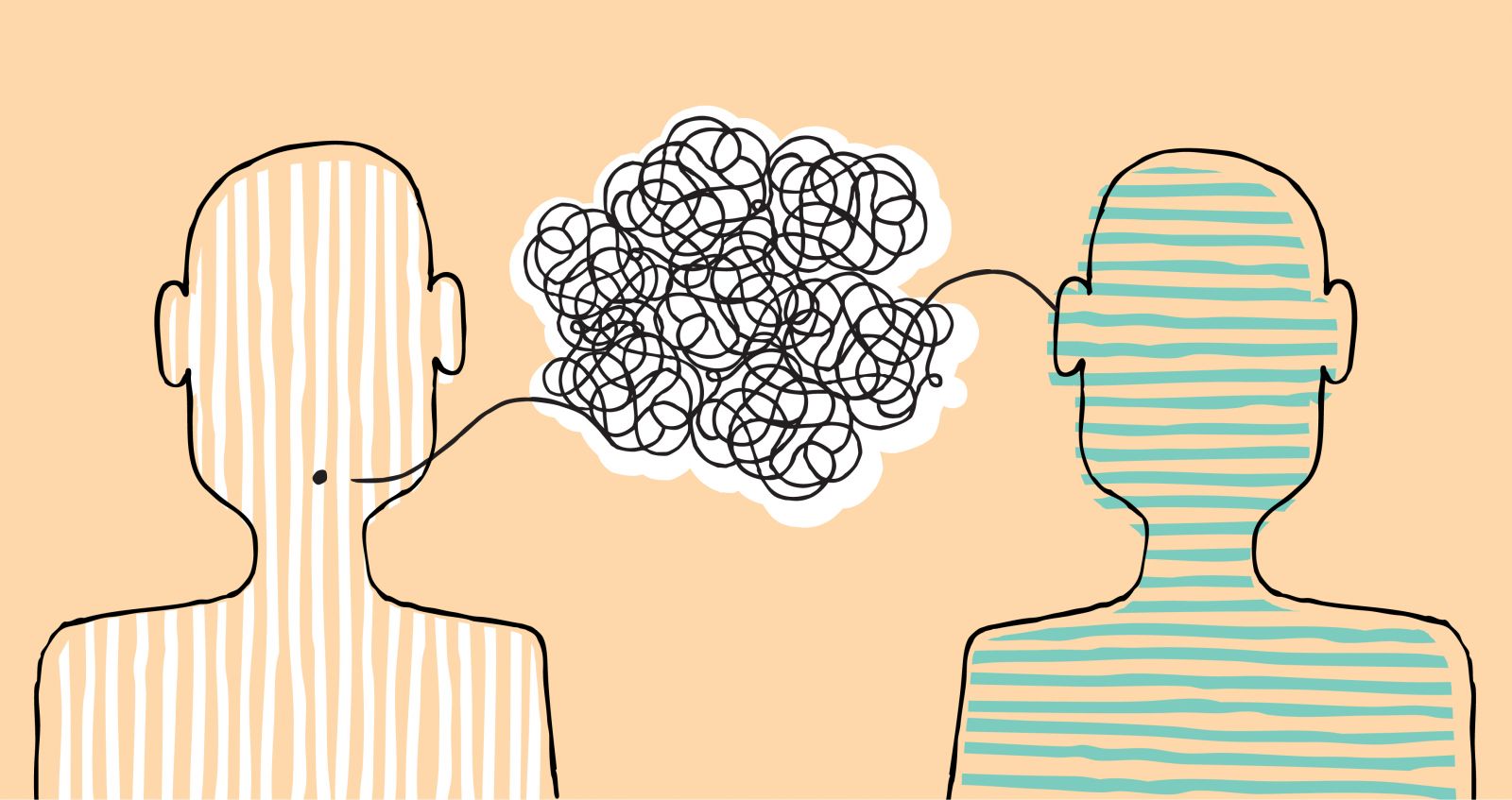The technique is designed to reveal the individual's ability to understand relationships represented in emotions and to manage his emotional sphere on the basis of decision-making. It consists of 30 statements and contains five scales:
- scale 1 - "Emotional awareness";
- scale 2 - "Management of one's emotions" (emotional withdrawal, emotional instability);
- scale 3 - "Self-motivation" (arbitrary control of one's emotions);
- scale 4 – "Empathy";
- scale 5 - "Recognition of other people's emotions" (the ability to influence the emotional state of others).
Instruction
Below are statements that in one way or another reflect different aspects of life. To the right of each statement, write a number based on your degree of agreement with it: completely disagree (-3 points); mostly disagree (-2 points); partly disagree (-1 point); partly agree (+1 point); mostly agree (+2 points); fully agree (+3 points).
Test material
1. For me, both negative and positive emotions serve as a source of knowledge about how to act in life.
2. Negative emotions help me understand what I should change in my life.
3. I am calm when I feel pressure from the side.
4. I am able to observe the change in my feelings.
5. When necessary, I can be calm and focused to respond to life's demands.
6. When necessary, I can evoke a wide range of positive emotions, such as fun, joy, upliftment, and humor.
7. I watch how I feel.
8. After something has upset me, I can easily deal with my feelings.
9. I am able to listen to other people's problems.
10. I don't dwell on negative emotions.
11. I am sensitive to the emotional needs of others.
12. I can have a soothing effect on other people.
13. I can force myself to stand up again and again in the face of an obstacle.
14. I try to approach life's problems creatively.
15. I respond adequately to other people's moods, motivations, and desires.
16. I can easily enter a state of calmness, readiness and concentration.
17. When time allows, I address my negative feelings and figure out what the problem is.
18. I am able to calm down quickly after an unexpected upset.
19. Knowing my true feelings is important to maintaining "good shape".
20. I understand other people's emotions well, even if they are not expressed openly.
21. I can recognize emotions well by facial expressions.
22. I can easily push aside negative feelings when action is needed.
23. I am good at picking up signs in communication that indicate what others need.
24. People consider me a good connoisseur of other people's experiences.
25. People who are aware of their true feelings manage their lives better.
26. I am able to improve the mood of other people.
27. You can consult with me on issues of relationships between people.
28. I tune in well to other people's emotions.
29. I help others use their motivation to achieve personal goals.
30. I can easily switch off from experiencing trouble.
KEY
Scale 1 - items 1, 2, 4, 17, 19, 25. Scale 2 - items 3, 7, 8, 10, 18, 30. Scale 3 – items 5, 6, 13, 14, 16, 22. Scale 4 - items 9, 11, 20, 21, 23, 28. Scale 5 - item 12, 15, 24, 26, 27, 29
Processing and interpretation of RESULTS
Levels of partial emotional intelligence in accordance with the sign of the results: 14 and over - tall; 8-13 – average; 7 and less - low.
The integrative level of emotional intelligence, taking into account the dominant sign, is determined by the following quantitative indicators: 70 or more - tall; 40-69 – average; 39 and under - low.

